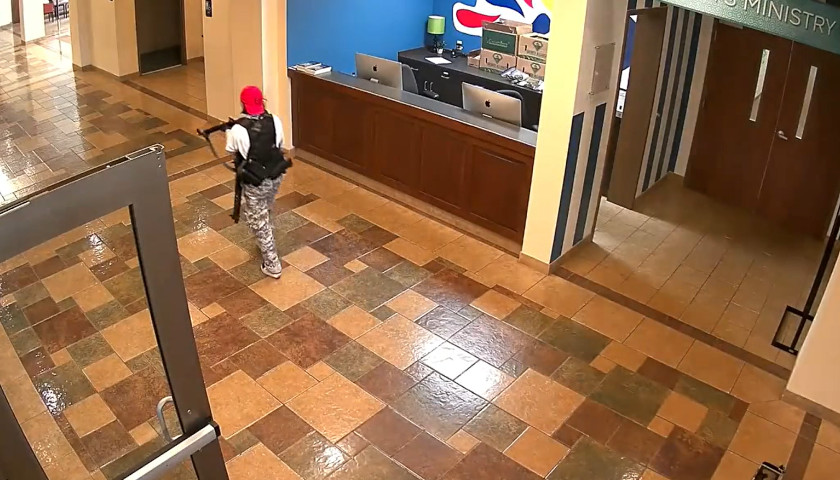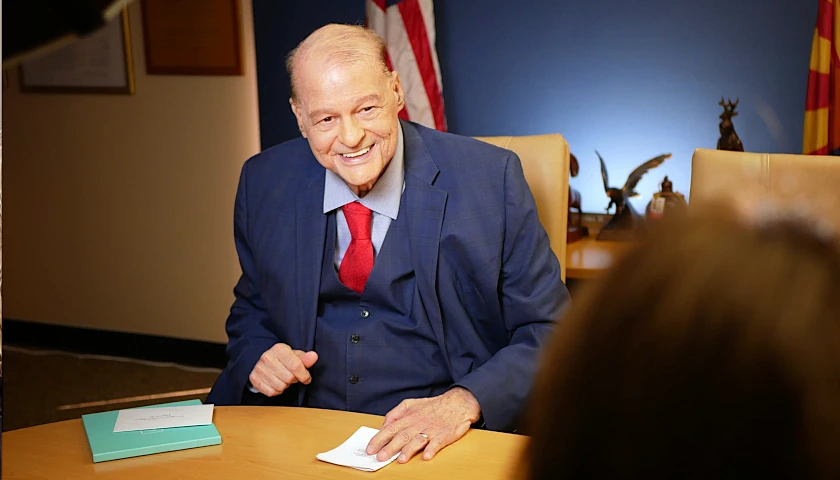Asking the court to “shield” Covenant Presbyterian School students from a “lifetime of abuse and harassment by the shooter from beyond the grave,” a new court filing lays out why parents of the children don’t want the Covenant Killer’s manifesto and other writings made public.
Davidson County Chancellor I’Ashea Myles last week ruled that the Covenant Presbyterian Church, its private elementary school and the parents of the schoolchildren may intervene in a lawsuit seeking the manifesto and related writings of mass shooter Audrey Elizabeth Hale.
Star News Digital Media, Inc., parent company of The Tennessee Star, The Tennessee Firearms Association, The Tennessean and the National Police Association are plaintiffs in the suit alleging the Metropolitan Government of Nashville and Davidson County is breaking Tennessee public records law in refusing to release the records.
The church, school, and parents have argued against public disclosure of the writings surrounding Hale’s March 27 rampage in which she shot her way into the Christian school and killed three 9-year-old students and three staff members before being fatally shot by police.
In their latest court filing, the attorneys for the parents argue, “There is no compelling state interest in giving voice to a horrendous criminal.”
The parents, like the school and church, do not want building details of the properties released, such as schematics. Nor do they want records of security protocols to be made public. And they’ve asked the judge to block the release of any photographs or identifying information of the students.
While attorneys for the intervenors have argued against the release of any of Hale’s manifesto and related writings, the parents’ latest court filing suggests they would agree to the unlocking of limited police reports and summaries of Hale’s activities as a way to inform the public about her motive while silencing the killer’s voice.
“We are in ‘uncharted waters’ because we have a unique opportunity following a mass murder at an elementary school to prevent the shooter’s writings and anything else that is likely to inspire future attacks from being released and causing pain and suffering to the victims,” the filing asserts.
But the plaintiffs argue that locking up Hale’s documents, even to respect the wishes of the families of the victims, is a dangerous legal slippery slope that could damage Tennessee’s public records laws and, ultimately, the public’s right to know.
Deborah Fisher, executive director of the Tennessee Coalition of Open Government, agrees that the parents and the other intervenors do have have a compelling interest, and she’s sympathetic to those interests. But so does the public, and so do the news outlets that are trying to inform the public, and the lawmakers and activists concerned with public policy.
“[Mass shootings] are definitely crimes against the people who are victims, but they are also crimes against our laws, the public,” she told The Star. “They are our laws. They are of public interest.”
“I think it’s not wrong that the news media reports on crime,” Fisher added. “If you keep secret all crime because it’s painful, I just think that it would not be a safer society, it would be a secret society…Is that the kind of place where we want to live, where we don’t have a true sense about what our government is doing?”
Myles has set a show cause hearing for June 8. Metro Nashville will have to defend its decision to block the release of the records at that hearing.
– – –
M.D. Kittle is the National Political Editor for The Star News Network.








